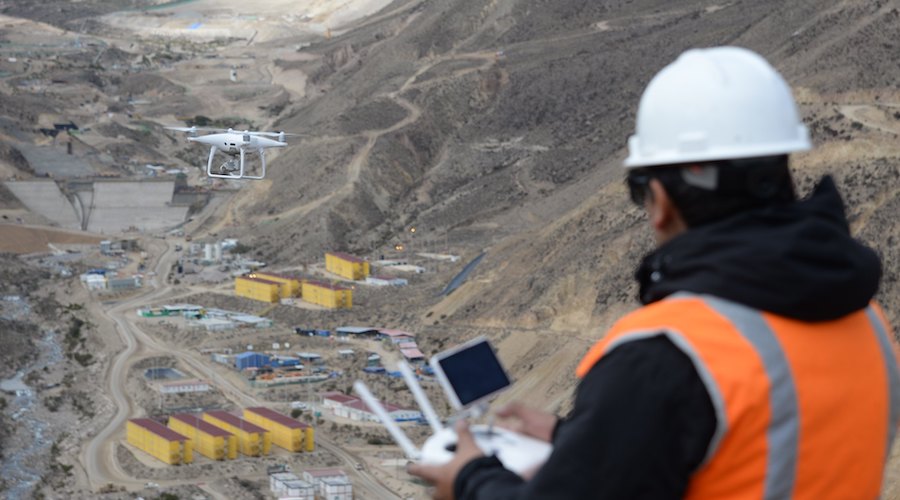Anglo American’s copper output up 28% in first quarter

Anglo American (LON: AAL) said on Tuesday that copper production jumped by 28% in the first three months of the year to 178,100 tonnes, thanks mainly to the ramp-up of its newly opened Quellaveco mine in Peru.
Output from its operations in Chile, however, fell by 15% in the period primarily due to planned lower grades at Los Bronces and Collahuasi mines, the company said.
Chile continues to face severe drought conditions, which have placed extra pressure on water availability to mining companies, Anglo American said.
The company said it is taking measures to mitigate such water issues. From 2025, desalinated water supply is expected to meet more than 45% of demand at Los Bronces, easing shortages further.
Anglo American’s ultimate plan is to stop using fresh water altogether by 2030 through desalination and water re-circulation.
Overall first-quarter production rose 9% compared with the same period last year, driven by Quellaveco’s performance and improvements in the miner’s steelmaking coal and iron ore business operations.
Metallurgical coal production increased 59% to 3.5 million tonnes and iron ore output climbed by 15% to 15.1 million tonnes. The later was a result of improved operational performance at Kumba and Minas-Rio, as well as improved rain readiness plans.
Meanwhile, Anglo American’s nickel production was 4% higher in the first quarter, while diamonds from its 45%-owned De Beers remained flat at 8.9 million carats.
The mining giant said strong operational performance across most of its diamond mines was offset by the planned completion of its Venetia open pit mine in South Africa, currently transitioning to underground operations.
Sustainability progress
Chief executive officer Duncan Wanblad highlighted progress made towards the firm’s sustainability ambitions, including a partnership with Swedish hydrogen and steel producer H2 Green Steel.
The companies plan to study and trial the use of premium quality iron ore products from Kumba and Minas-Rio.
During the quarter, Anglo also kicked off a program to build a green hydrogen corridor in central Chile and received the environmental permit for its $3 billion expansion of Los Bronces copper complex, also in Chile.
{{ commodity.name }}
{{ post.title }}
{{ post.date }}




Comments